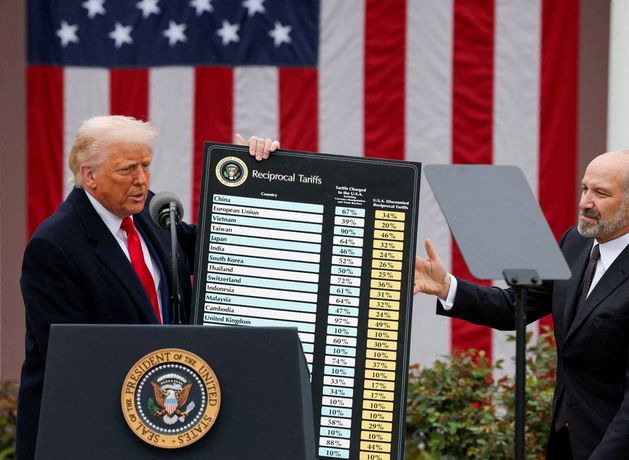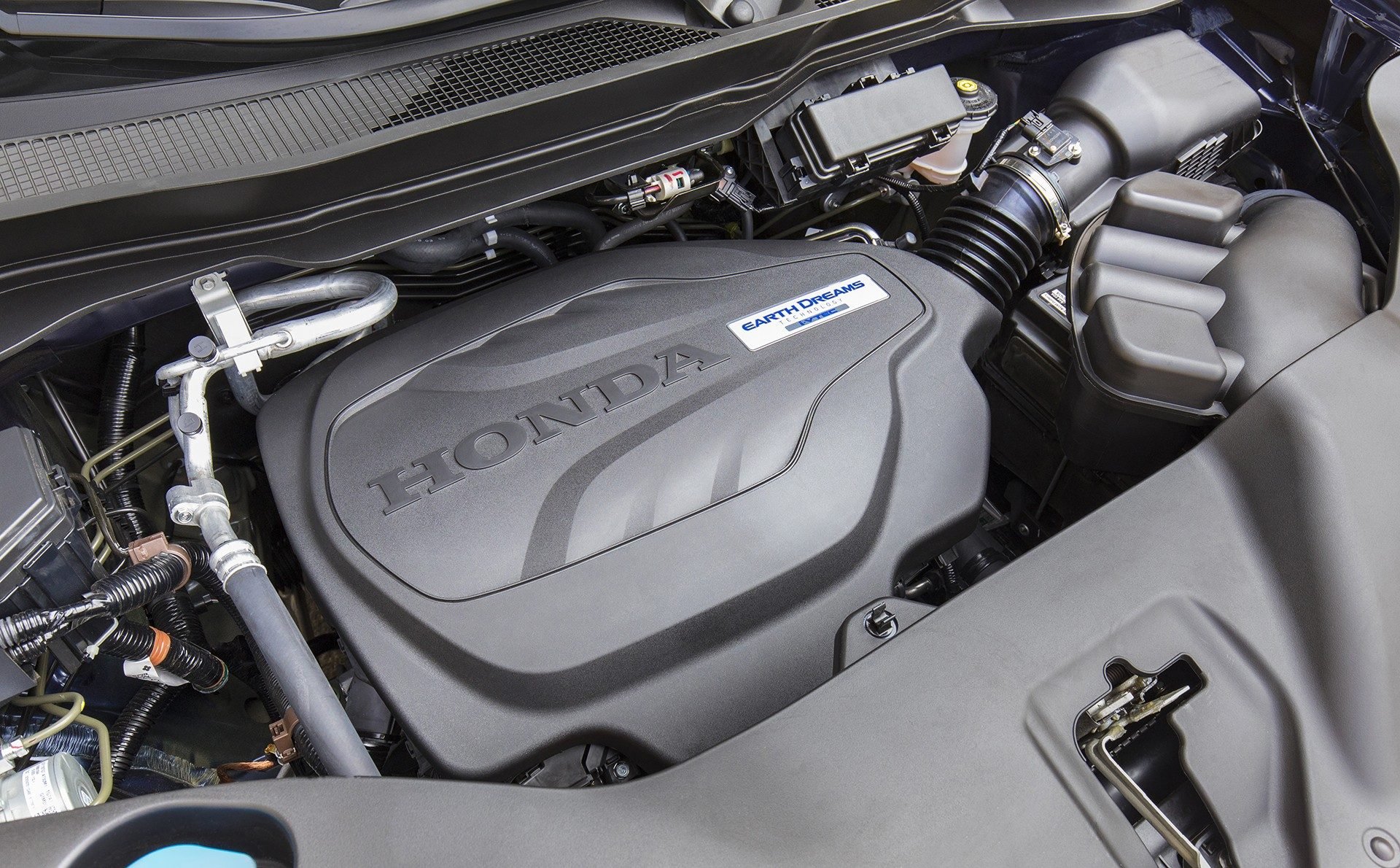Taoiseach Calls Trump's Proposed Tariffs 'Enormously Disappointing'

Taoiseach Micheál Martin has expressed grave concerns following US President Donald Trump’s announcement that he plans to recommend a hefty “straight 50% tariff on the European Union” starting June 1, 2025. In a recent post on his social media platform, Truth Social, Trump accused the European Union of being “very difficult to deal with,” stating that ongoing discussions with EU representatives have led to no tangible results.
In his post, President Trump elaborated on his stance, stating, “The European Union, which was formed for the primary purpose of taking advantage of the United States on TRADE, has been very difficult to deal with.” He criticized the EU for a range of trade barriers, including VAT taxes, corporate penalties, and what he described as manipulations and unjustified lawsuits against American companies. He pointed out that these practices have contributed to a significant trade deficit, claiming it exceeds $250 billion annually, which he deemed “totally unacceptable.”
Trump emphasized that unless products are manufactured in the United States, they will be subject to the proposed tariffs. He stated, “Our discussions with them are going nowhere! Therefore, I am recommending a straight 50% Tariff on the European Union, starting on June 1, 2025. There is no tariff if the product is built or manufactured in the United States. Thank you for your attention to this matter!”
In response, the European Union’s trade chief, Maros Sefcovic, stressed the importance of mutual respect in trade relationships. He reiterated that the European Commission is committed to reaching a fair and beneficial agreement for both sides. Sefcovic's message on social media conveyed the EU's readiness to defend its interests while working in good faith towards a resolution, reiterating that the EU-U.S. trade relationship is unique and critical.
Taoiseach Martin responded to Trump’s statements by stating that the proposed tariffs are “enormously disappointing” and emphasized that such measures would be detrimental to all stakeholders involved. He noted, “I welcomed the pause in tariffs until early July to allow for continued negotiations between the EU and the US, and ideally an agreed outcome.” Martin has maintained that tariffs harm everyone, including those implementing them, as well as businesses and consumers.
Mr. Martin articulated concerns that the suggested tariffs would increase prices and destabilize global trade, saying, “A negotiated outcome is the best possible result for both sides, as well as for global trade.” He highlighted the EU’s engagement in good faith negotiations and noted that EU Commissioner Sefcovic was scheduled to speak with his U.S. counterpart later that day.
Simon Harris, Ireland’s Tánaiste and Minister for Trade, echoed Martin's sentiments, reiterating that tariffs are a poor strategy that would adversely affect consumers and businesses alike. He stressed the importance of maintaining a strong relationship between the EU and the US, which has fostered prosperity, jobs, and investment through collaboration and trade.
Dan O'Brien, chief economist at the Institute for International and European Affairs (IIEA), characterized the proposed 50% tariff as a serious threat which could lead to economic conflict. He noted that the tariff's scale and urgency could escalate tensions significantly, and warned that European negotiators are likely to respond with counter-threats rather than concessions.
O'Brien also highlighted the potential negative impact on Ireland, especially if the EU retaliated against U.S. tech giants, which play a pivotal role in the Irish economy. Any punitive measures against American technology companies could have severe repercussions for local businesses and the overall economic landscape.
As the situation escalates, the EU Commission has opted not to comment on Trump's tariff proposal, choosing to await the outcome of the scheduled communication between EU trade chief Sefcovic and U.S. Trade Representative Jamieson Greer.
The announcement of a potential 50% tariff has sent shockwaves through global stock markets, with significant drops recorded in both the U.S. and Europe. The S&P 500 index, which tracks the performance of large companies in the U.S., saw futures contracts tumble over 1.2%, indicating a potential for one of the worst weeks in recent months. In Ireland, the ISEQ 20 index fell more than 2% following Trump’s remarks, reflecting widespread concern over the implications of such tariffs.
In addition to the proposed tariffs on EU imports, Trump has also threatened a 25% tariff on Apple for phones sold in the U.S. that are not manufactured domestically. With over 60 million iPhones sold annually in the U.S. and no local manufacturing facilities, this threat adds another layer of complexity to the U.S.-EU trade landscape. Trump remarked, “I have long ago informed Tim Cook of Apple that I expect their iPhones that will be sold in the United States of America will be manufactured and built in the United States, not India or anyplace else.” This statement indicates a tough stance on foreign manufacturing and aims to invoke a sense of urgency within American companies to relocate their production back to the U.S.
Despite ongoing discussions between the White House and various countries regarding trade policy, progress has been inconsistent. President Trump’s previous tariffs on China, which escalated to over 100% earlier this year, caused market instability, prompting the administration to retract some measures on technologies to avoid further turmoil.
As Apple shifts its manufacturing focus towards India in anticipation of potential tariffs, it aims to ensure that the majority of its iPhones sold in the U.S. originate from there by mid-2026. This strategic change is crucial for Apple as it navigates the turbulent waters of international trade regulations and tariffs.


























